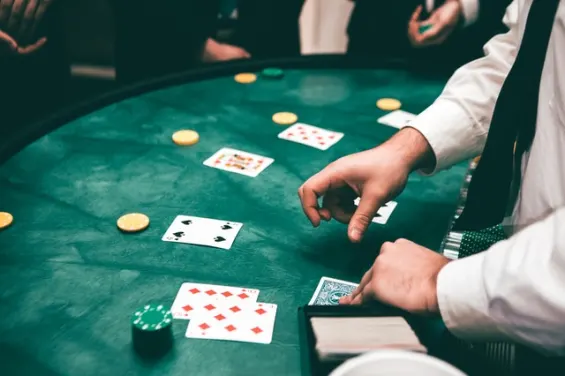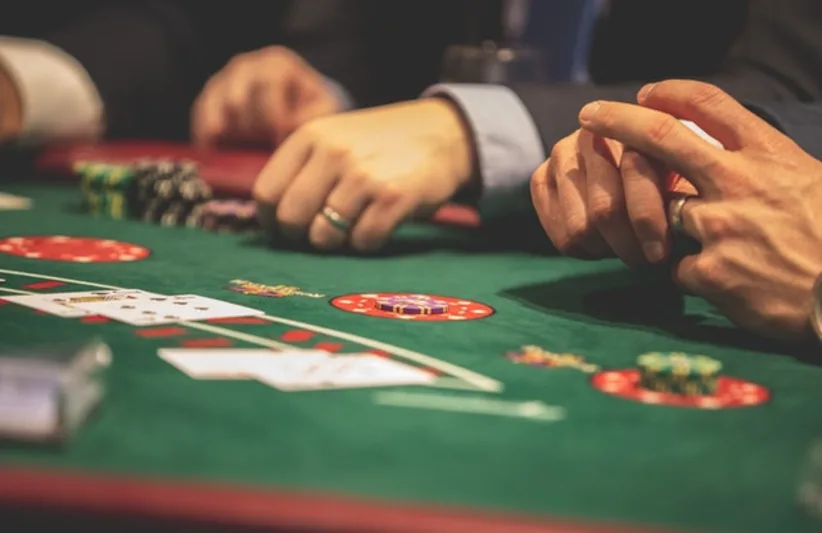
Effects of gambling
If we study its proper definition that is given by Merriam- Webster,” Gambling is the practice or activity of betting or in other words the practice of risking money or other stakes in a game or bet.
Gambler faces mood swings and severe anxiety and personality disorders too.
Ways of gambling:
There are certain types of gambling methods. For example:- Lotteries.
- Casinos.
- And racetracks.
Myths and facts about gambling
There are multiple myths in our society regarding gambling. Here, are going to discuss some of them:Myth: Gambling helps you to get money in the short period.
Fact: It is obviously a false statement. Apparently, it looks like people win most of the time and get money without any effort. But in reality, gambling is the way to lose money.

It’s true that at the start people win and are attracted to it, but later they have to pay double-triple of it.
Myth: It’s possible to predict what is going to come while tossing.
Fact: It’s a false statement. No one can tell what’s going to happen. When a coin is flipped, whether it will be head or tail. There is a fifty-fifty percent chance of each. So it’s wrong to say that someone can judge.
It’s also a common myth that there is some type of system or trick that helps to win the lottery. So in reality, there isn’t any type of system that will help you. Again, there are chances of winning as well as losing at the same time.

Fact: It’s really false that children or the teenager do not gamble. It is estimated that most of the guys gamble. Though teenagers gambling with their family and friend circle, they do, and it’s not like that they don’t face gambling problems.
If we analyze, it is estimated that teenagers face the same issues as other gamblers.
Myth: After losing, people can get their money back.
Fact: It’s a really false statement. Casinos run with gambling money, and they never give your money back. If you win you’ll get money but unfortunately, you lose the game you are not going to have anything.
And in gambling, lose money is more common than winning.
Myth: Problem gamblers gamble every day.
Fact: It’s not true. The gambler doesn’t need to gamble regularly. They gamble frequently or not. So when does a person become a problem gambler?
When his gambling is starting creating problem, and he faces psychological, emotional, financial or legal issues and start influencing the surrounding people, then he is a problem gambler.

